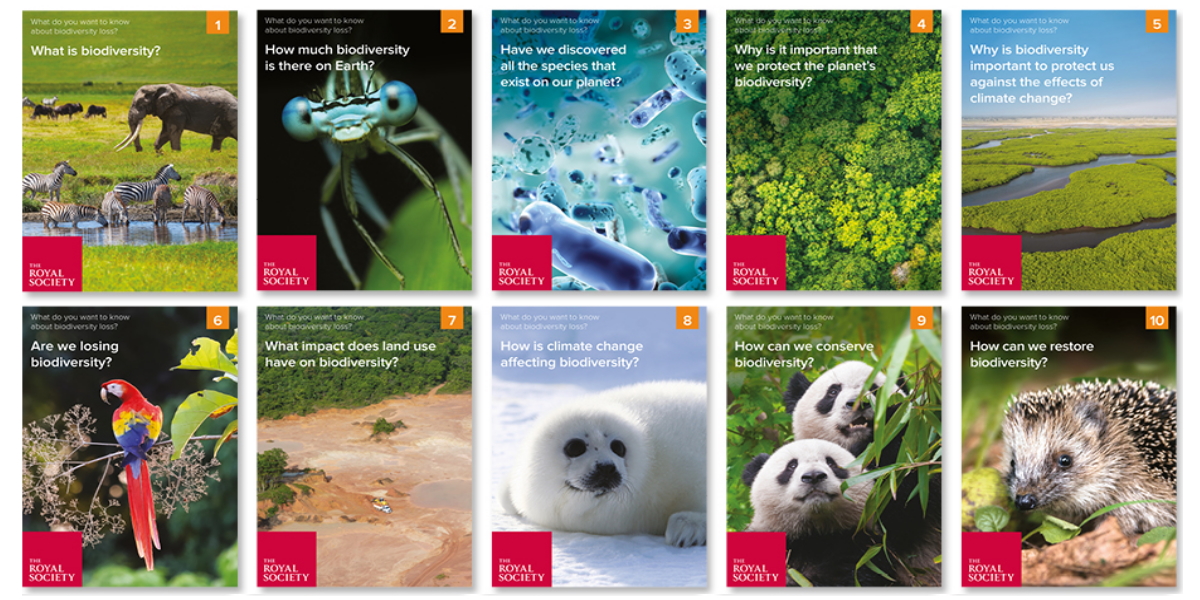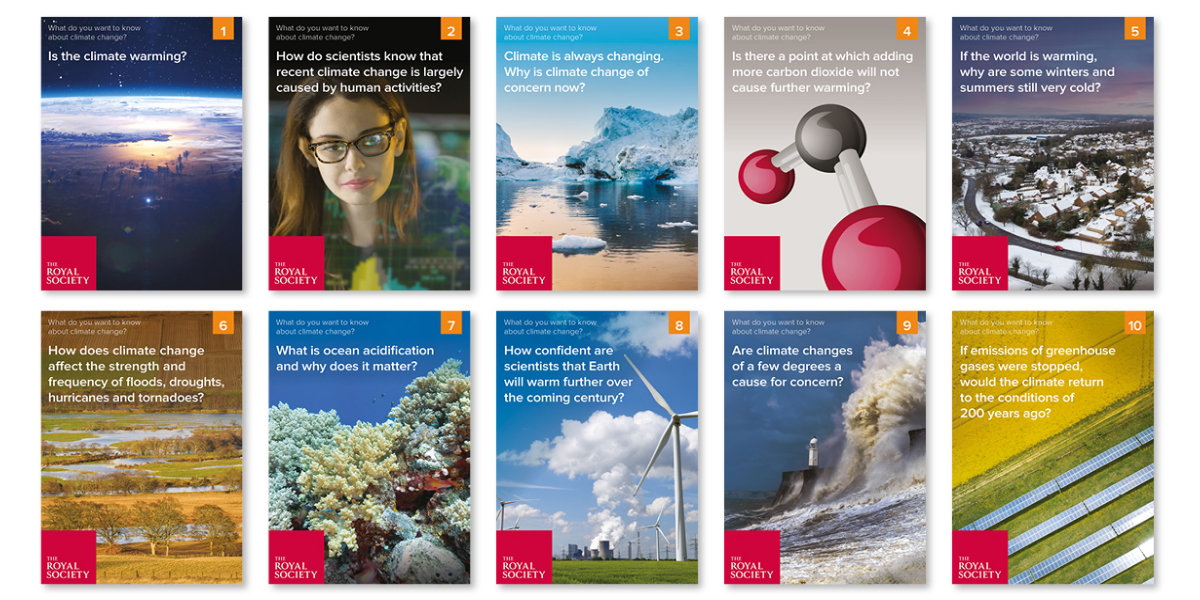Filters
Clear allSubject
- Careers (2) Apply Careers filter
- Climate Change (4) Apply Climate Change filter
- (-) Remove Cross curricular filter Cross curricular
- Design and technology (6) Apply Design and technology filter
- Engineering (2) Apply Engineering filter
- Food Preparation and Nutrition (1) Apply Food Preparation and Nutrition filter
- Mathematics (9) Apply Mathematics filter
- STEM Clubs (1) Apply STEM Clubs filter
Age range
Type
- Activity sheet (8) Apply Activity sheet filter
- Experiment (2) Apply Experiment filter
- Group work (1) Apply Group work filter
- Image (1) Apply Image filter
- Information sheet (4) Apply Information sheet filter
- Interactive resource (1) Apply Interactive resource filter
- Open-ended task (1) Apply Open-ended task filter
- Poster (4) Apply Poster filter
- Presentation (10) Apply Presentation filter
- Research (2) Apply Research filter
- Teacher guidance (27) Apply Teacher guidance filter
- Video (2) Apply Video filter
- Include Physical Resources (26274) Apply Include Physical Resources filter
Showing 44 results
Aimed at primary level, this resource looks at pollination, fertilisation, fruit formation and seed dispersal. It includes activities in which children observe the different types of fruits and their means of dispersal and develop an understanding of their importance in...
These resources from the Royal Meteorological Society focus on topics related to climate change, and offer a selection of activities suitable for different age groups.
Interdisciplinary science teaching (16-19)
Science, and its consequences, are a pervasive presence in 21st century life. Currently, however, there is a mismatch between the experiences young people have of science in schools and the way scientists work in the real world. In schools, science...
A selection of smart conservation STEM activities combining design and technology, biology, geography and zoology for creating a technology enabled habitat for a zoo.
Stop the spread is a new STEM challenge for students aged 7 to 16. Highlighting the global issue of infectious disease students design, build and test a model of a hand washing device and produce educational materials for children in Kenya to encourage hand washing. It is accredited for the British Science...
This resource, aimed at primary level, helps to develop an understanding of pollination and how flowers attract insects. Linked to the topics of lifecycles, plants and living things and their habitats, it provides an opportunity to identify and name wild flowers, whilst investigating the frequency of different...
This teaching package, aimed at Key Stages Two and Three, investigates the science of tree rings (dendrochronology). Linked to the topics of plants and living things and their habitats, it looks at cut tree trunks to determine the age of the tree, how fast it grew and...
This cross-curricular activity introduces the concept of vaccination, specifically for COVID-19, using stimulus materials enabling student discussion opportunities. The way in which vaccines work, what they contain and the most common side effects are explained using simple scientific terminology. Some anti-vaccine...
Practical Action helps local communities in the developing world gain access to services such as water and sanitation, vital for a decent quality of life. Some examples of how they go about doing this and the technologies involved are demonstrated in these videos:
- Dying for a drink - solar powered...
This activity looks at water consumption on a local and global scale. Students learn about the main water contaminants and various methods of purification and the role of engineers and their approach to design challenges. The resource aims to inspire an interest in water conservation and to introduce students to...

These evidence-based, question and answer style classroom resources can be used to engage students of all ages...

These evidence-based, question and answer style classroom resources can be used to engage students in the climate...
Pages
- « first
- ‹ previous
- 1
- 2
- 3
